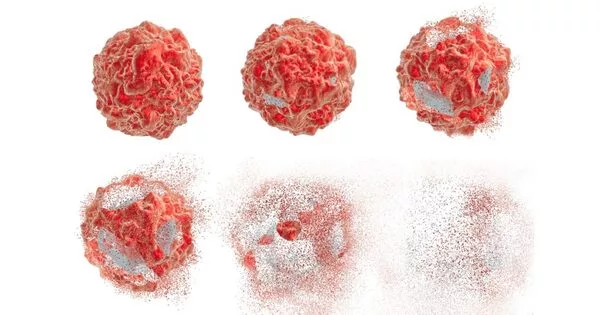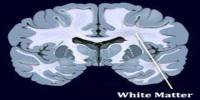Cell death is a normal and necessary part of the cell’s life cycle. It is the failure of a biological cell to perform its functions. This could be due to a natural process in which old cells die and are replaced by new ones, as in programmed cell death, or it could be due to factors such as diseases, localized injury, or the death of the organism of which the cells are a part.
Apoptosis, also known as Type I cell death, and autophagy, also known as Type II cell death, are both types of programmed cell death, whereas necrosis is a non-physiological process that occurs in response to infection or injury. Cell death is classified into two types: apoptosis and necrosis.
Apoptosis
Apoptosis is a programmed cell death that occurs in multicellular organisms. It is a tightly regulated and controlled process that plays a crucial role in development, tissue homeostasis, and the removal of damaged or unnecessary cells.
Characteristics:
- Cell shrinkage
- Chromatin condensation
- Formation of apoptotic bodies
- No inflammation
Role: Apoptosis is involved in various physiological processes, such as embryonic development, immune system regulation, and the elimination of damaged cells to maintain tissue integrity.
Necrosis
Necrosis is a form of cell death that is typically associated with pathological processes, such as injury or infection. It is usually uncontrolled and results in the swelling and rupture of cells, leading to inflammation.
Characteristics:
- Cell swelling
- Disruption of cell membrane
- Inflammation in surrounding tissues
- Release of cellular contents into the extracellular space
Role: Necrosis is frequently a result of severe cellular injury and can exacerbate the inflammatory response. Necrosis, unlike apoptosis, is not a pre-programmed and orderly process.
There is also another type of programmed cell death known as autophagy. Autophagy is a cellular recycling process in which cells deconstruct and discard damaged or unnecessary components. While it shares some similarities with apoptosis, its mechanisms are distinct.
Understanding cell death mechanisms is critical for many fields, including biology, medicine, and pharmacology. Cell death dysregulation can contribute to a variety of diseases, including cancer, neurodegenerative disorders, and autoimmune conditions. These processes are being studied by researchers and clinicians in order to develop interventions and therapies that target cell death for medical purposes.
















